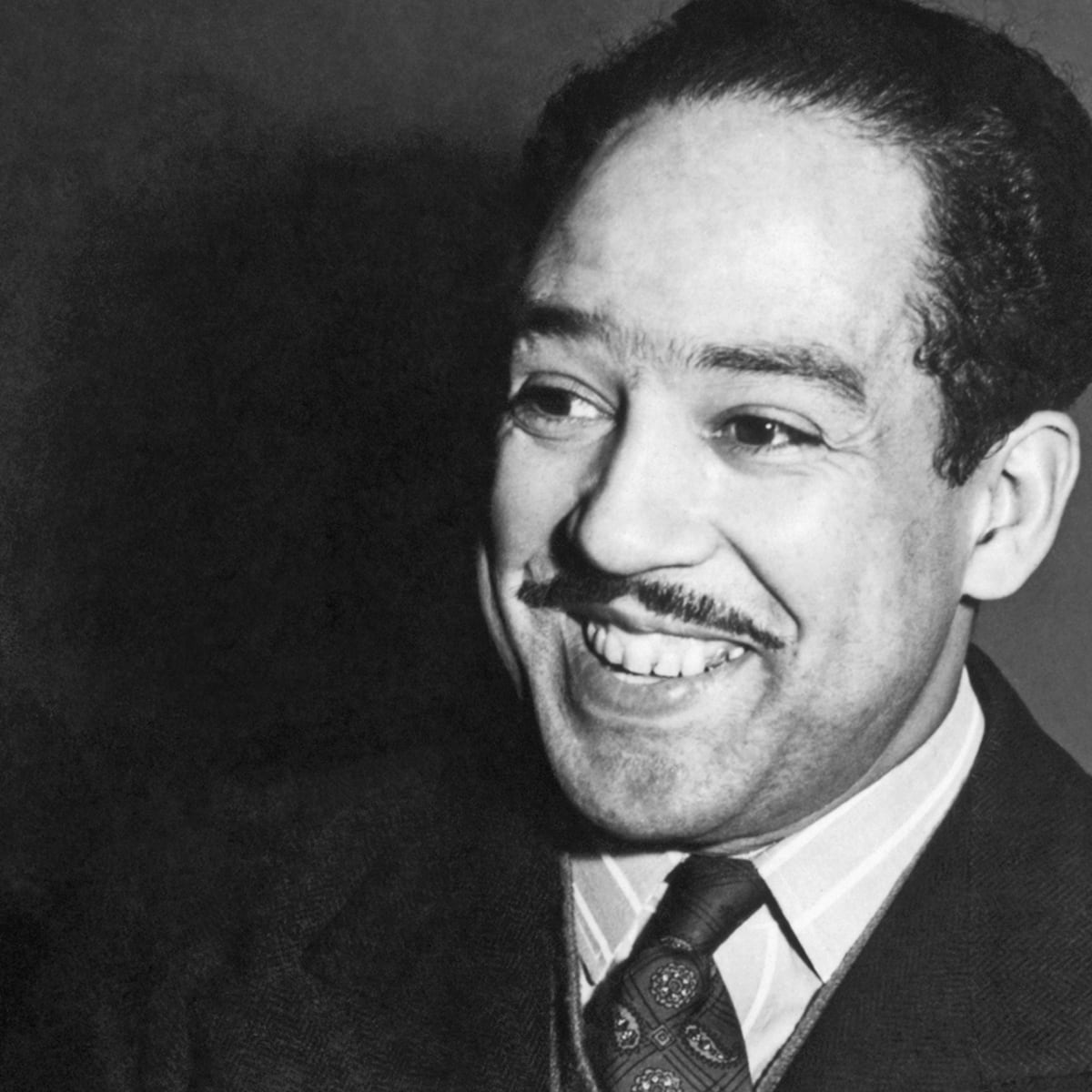I’ve known rivers:
I’ve known rivers ancient as the world and older than the flow of human blood in human veins.
My soul has grown deep like the rivers.
I bathed in the Euphrates when dawns were young.
I built my hut near the Congo and it lulled me to sleep.
I looked upon the Nile and raised the pyramids above it.
I heard the singing of the Mississippi when Abe Lincoln went down to New Orleans, and I’ve seen its muddy bosom turn all golden in the sunset.
I’ve known rivers:
Ancient, dusky rivers.
My soul has grown deep like the rivers.
Published:
1920
Length:
Shorty
Literary Movements:
Harlem Renaissance
Anthology Years:
Themes:
Identity
Intersectionality & Culture
Memory & The Past
Poems of Place
Literary Devices:
Anaphora
a figure of speech in which words repeat at the beginning of successive clauses, phrases, or sentences
Repetition
a recurrence of the same word or phrase two or more times
Simile
a comparison between two unlike things using the words “like” or “as”

